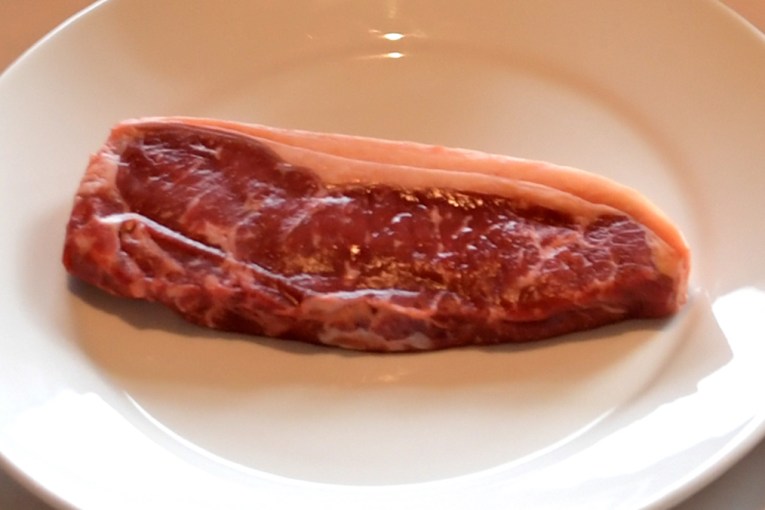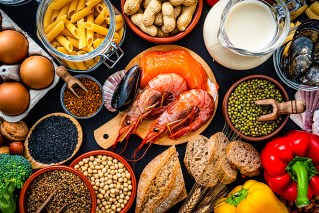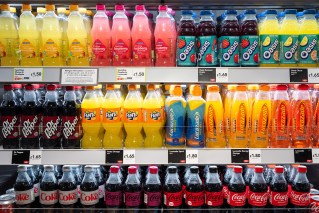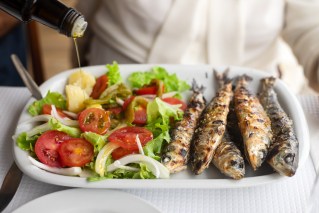Aldi, Coles or Woolworths? How the supermarkets’ own-label staples rate as COVID crimps supply chains

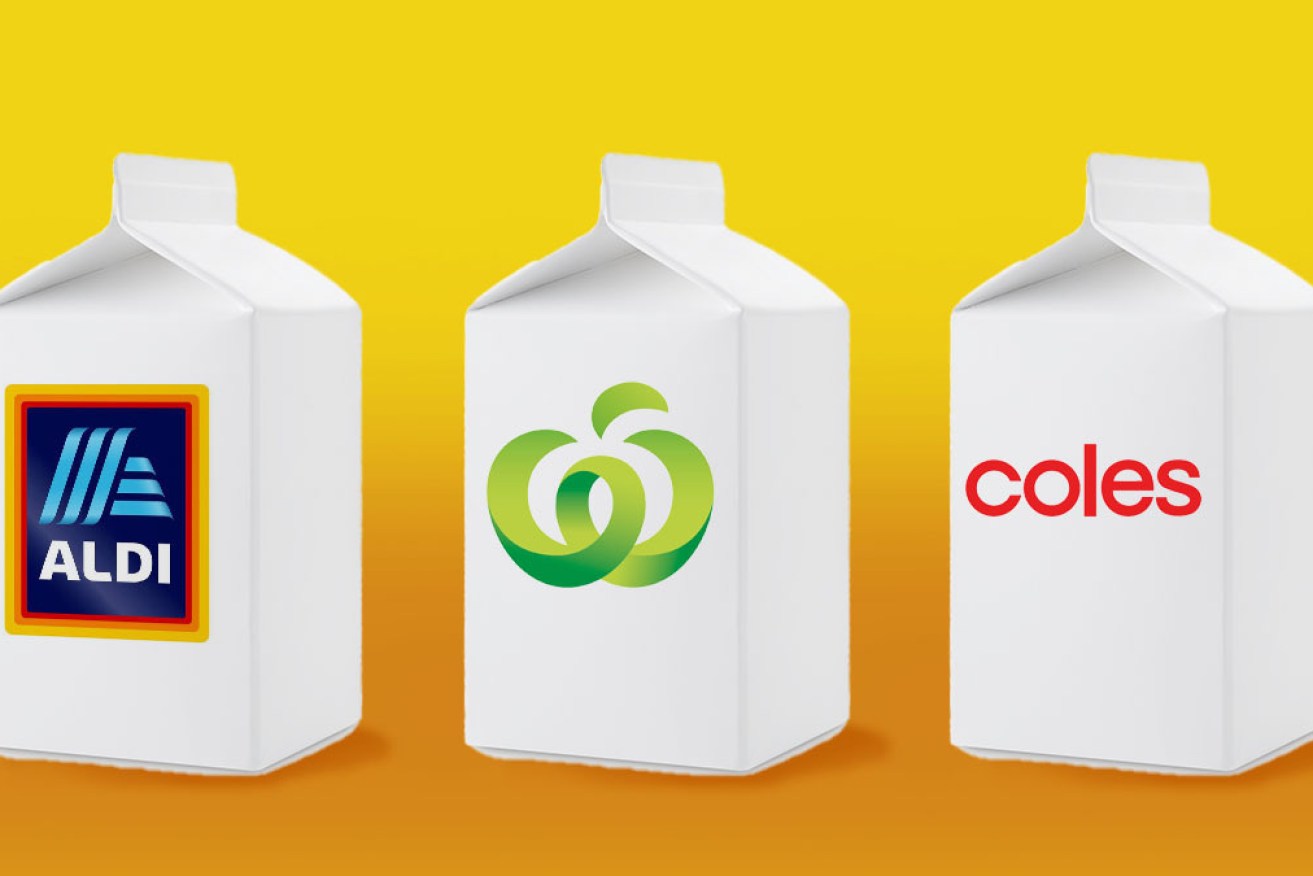
Discount supermarket chain Aldi has beaten out Coles and Woolworths. Photo: Getty/TND
Supermarkets are increasingly stocking their shelves with their own ‘house brand’ items, and with the coronavirus border closures tipped to drive up grocery prices in coming weeks, budget staples will be a go-to for many shoppers.
So which of supermarket’s ‘private label’ products are the best?
Consumer advocate CHOICE compared own brand products from Aldi, Coles, and Woolworths, ranking the chains’ offerings in 10 key staple categories.
Aldi beat out market leaders Woolworths and Coles, to scoop the top gong in six of the 10 categories.
The German discount juggernaut took first place for butter, tea bags, tomato sauce, and pesto, and tied for first place in the strawberry jam and premium ice cream categories.
Choice’s top house brand products:
- Premium ice cream: Woolworths Vanilla Bean and Aldi Monarc Indulge Vanilla Opulence
- Butter: Aldi Beautifully Butterfully Unsalted Butter
- Strawberry jam: Aldi Grandessa Signature Jam and Woolworths Essentials Jam
- Instant coffee: Coles Fairtrade Organic Freeze Dried Coffee
- Tea: Aldi Diplomat Tea Cup Bags
- White bread: Coles Gluten Free
- Shredded cheese: Coles Australian Mozzarella Cheese
- Tomato sauce: Aldi Colway Tomato Sauce
- Muesli bars: Woolworths Chewy Choc Drizzle
- Pesto: Aldi Remano
“House brand products have really improved in quality recently, and often score well in our testing,” CHOICE food editor Rachel Clemons said.
“They’re a good option if you’re looking to save a bit of money on your grocery bill, as they’re usually a fraction of the price of more premium products.”
Once the poor cousin of name-brands, supermarket private label products have become popular choices among shoppers, offering good quality at prices that undercut the competition.
Popular own-brand offerings are now critical to success for supermarkets, accounting for a large portion of shelve space and profits.
However, research shows that private label items can fall short when it comes to nutrition.
A 2019 study by the George Institute and Deakin University showed that while Australia’s four major supermarkets (Woolworths, Coles, Aldi, and IGA) are increasingly stocking their shelves with own-brand products, they aren’t always a healthy choice.
Woolworths private label range were identified as the most healthy with an average Health Star Rating of 3.2 followed by Coles with 3.0, ALDI with 2.7 and IGA with 2.6, the study found.
The study also found that nearly half of all processed foods on supermarket shelves are ‘discretionary foods’ – foods that are not a necessary part of a person’s diet.
Pandemic drives up grocery prices
Shoppers are being warned to brace for higher prices in the weeks ahead as pandemic-induced border closures cause logistical havoc and headaches for farmers.
Fresh produce could become more expensive in coming weeks as state and territory border closures drive up farmers’ costs.
Deputy National Party leader and Minister for Agriculture David Littleproud last week said that borders between states, particularly along the east coast, had made life difficult for farmers conducting business across multiple jurisdictions.
Mr Littleproud said the border closures would lead to “unintended consequences” for Australians, including higher grocery prices.
“Hard closures are stopping the flow of silage contractors and grain harvesters between Queensland and NSW. Queensland veterinarians and agronomists are also unable to visit clients in Northern NSW,” Mr Littleproud said.
Victoria’s ongoing stage 4 lockdown could also result in meat shortages elsewhere in Australia, industry experts have warned.
Most Victorian abattoirs have been forced to cut production by a third, while poultry producers are restricted to 80 per cent of pre-pandemic production.
